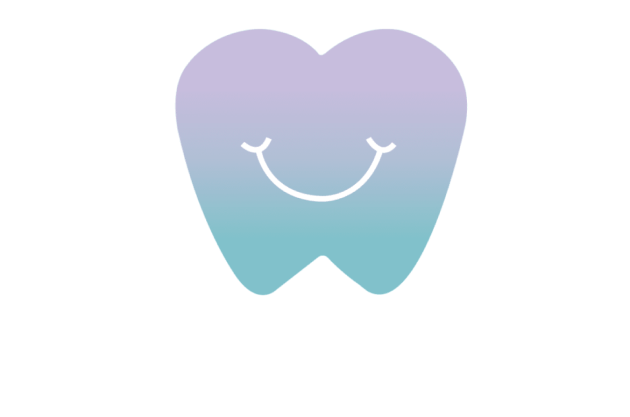Understanding TMJ Disorders: Why They Happen

Temporomandibular joint (TMJ) disorders—often called TMD—affect the jaw joints and related muscles. These conditions can lead to jaw pain, stiffness, ear discomfort, headaches, and even locked jaws. But what causes these symptoms? Let’s explore the key reasons why TMJ issues develop.
1. Bruxism: Grinding & Clenching
Regular grinding or clenching of teeth—often unconsciously during sleep or under stress—exerts excessive force on the jaw joint and muscles. Over time, this wear and tear can trigger pain and dysfunction.
2. Stress & Psychological Factors
Stress, anxiety, and emotional tension can lead to jaw muscle tightening, unconscious clenching, and grinding. This cycle of stress → muscle contraction → pain is a major contributor to TMJ disorders.
3. Trauma & Micro-injuries
Injury to the jaw joint—such as direct impacts, a hard yawn, or whiplash from an accident—can damage joint tissues or disrupt function, leading to TMD.
4. Joint and Muscle Disorders
Arthritis (like osteoarthritis) and disc displacement within the TMJ are structural issues that often cause jaw pain, limited movement, or joint sounds such as clicking or popping.
5. Hormonal & Genetic Influences
TMD is two to four times more common in women—suggesting estrogen or genetic factors may impact joint sensitivity. Hormonal fluctuations might increase pain perception or joint inflammation.
6. Parafunctional Habits
Daily habits such as chewing gum, biting nails or pens, chewing ice, or resting the chin on a hand can strain the jaw and worsen the condition.
7. Poor Posture
Forward head posture and neck strain affect jaw alignment, contributing to muscle tension around the TMJ.
8. Co-Occurring Pain Conditions
TMD often coexists with chronic pain conditions like fibromyalgia, headaches, back or neck pain, and irritable bowel syndrome, indicating a shared sensitivity or stress-related mechanism.
Putting It All Together
TMJ disorders typically stem from a combination of factors—habitual jaw tension, structural issues, psychological stress, and lifestyle habits. Some people are more susceptible due to genetics, gender, or a history of trauma. Understanding these triggers is the first step toward effective treatment.
When to See a Professional
If you’re experiencing:
- Persistent jaw pain or stiffness
- Clicking, popping, or locking when opening/closing your mouth
- Frequent headaches or earaches unrelated to ear infection
- A change in your bite or difficulty chewing
Then it’s time to consult a dentist or TMJ specialist like Dr. Grewal at Skyline Smiles. She can assess muscle and joint function and use imaging when needed to determine the next steps for your treatment.
Proven First-Line Treatments
Most TMJ cases respond well to conservative strategies:
- Mouth guards or bite splints to reduce grinding
- Stress management: meditation, relaxation, awareness
- Physical therapy: jaw exercises, posture training, hot/cold therapy
- Behavioral changes: stop chewing gum or pens, avoid hard foods, correct posture
Medications like NSAIDs or muscle relaxants may also help short term, but it is important to consult with a professional to determine the best treatment plan to reduce discomfort and get to the root of the cause.
If you’re dealing with jaw discomfort, headaches, or clicking, don’t wait. Seek professional guidance—it’s often just the beginning of long-lasting relief.
Want to learn more or seek help? Reach out to Skyline Smiles to explore a tailored TMJ treatment plan. Call 661-475-5227 or fill out our online contact form today!
Santa Clarita
Your Smile Journey Starts Here
Fill out the form below and we will be in touch with you shortly.
We Can’t Wait to Meet You!
Visit
Skyline
Smiles

Office Hours
Monday:
8:00 AM - 5:00 PM
Tuesday:
8:00 AM - 5:00 PM
Wednesday:
8:00 AM - 5:00 PM
Thursday:
8:00 AM - 5:00 PM
Friday:
8:00 AM - 5:00 PM
Awards





